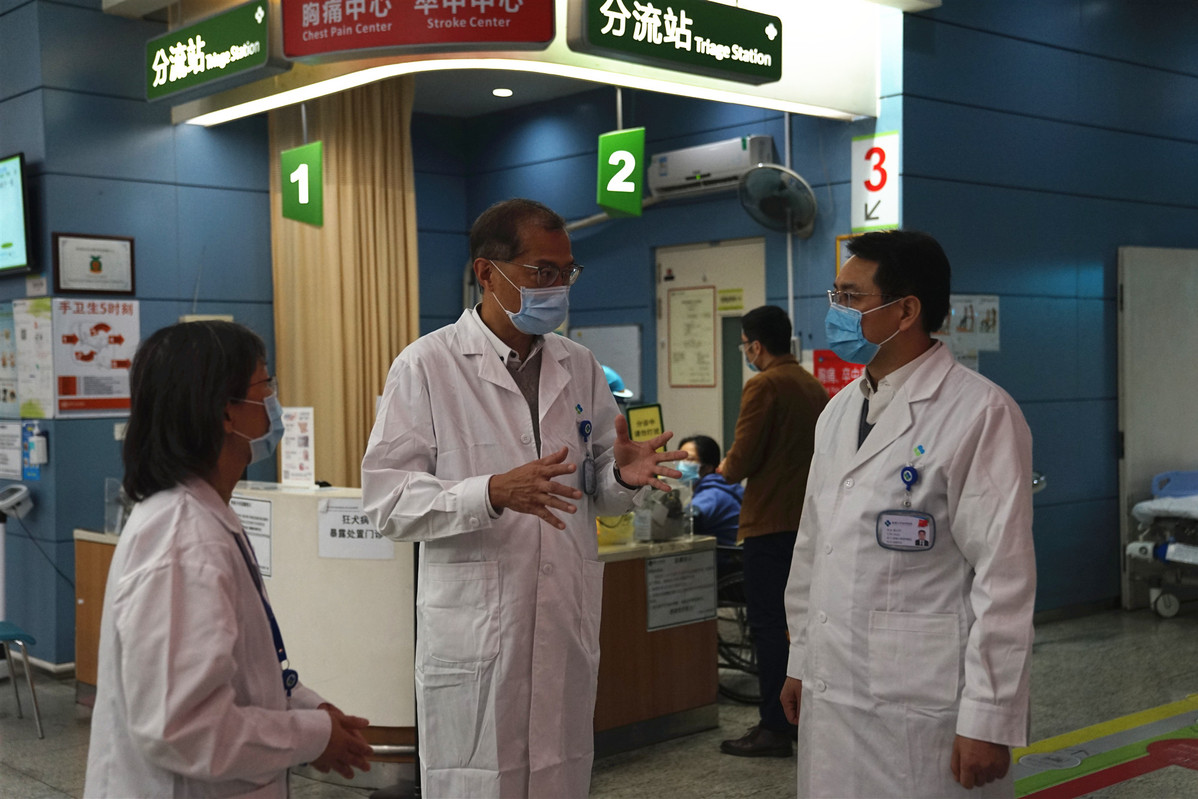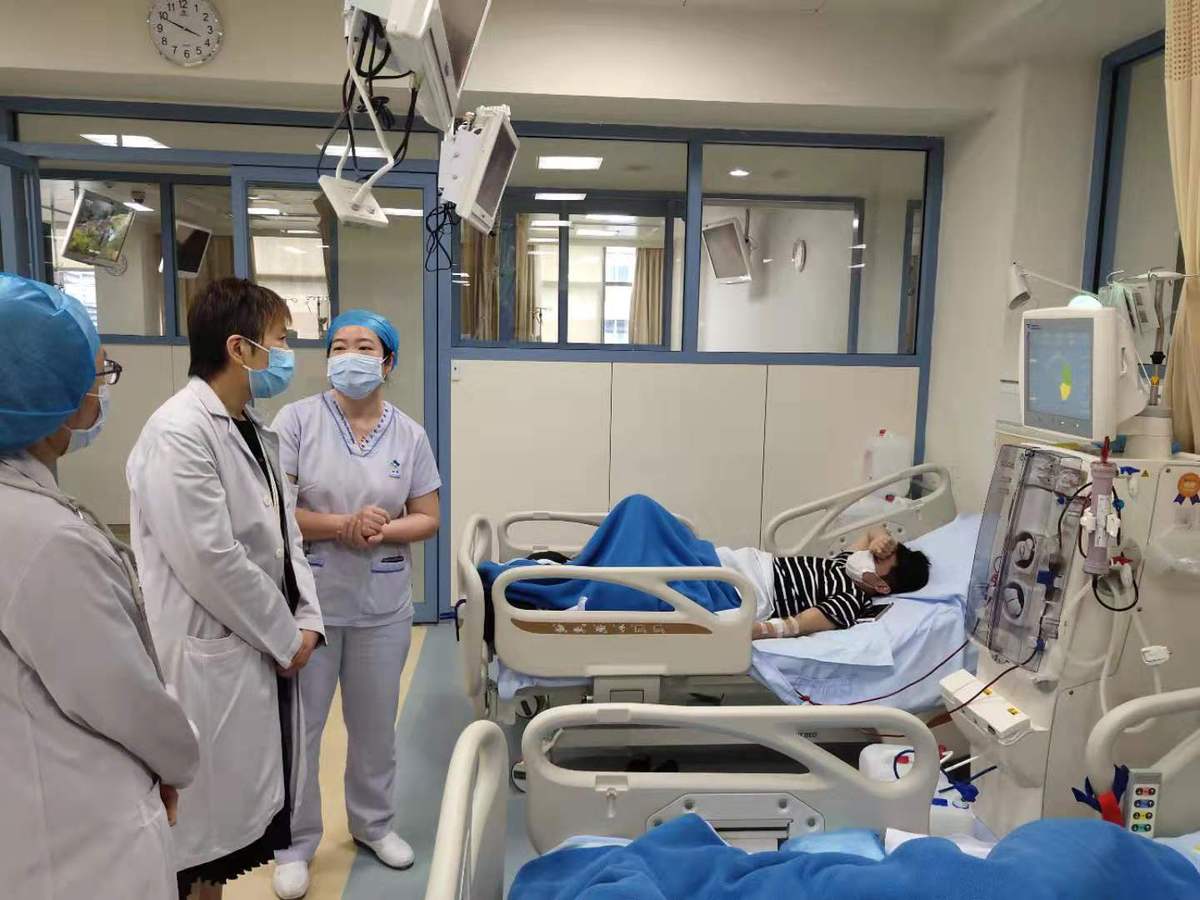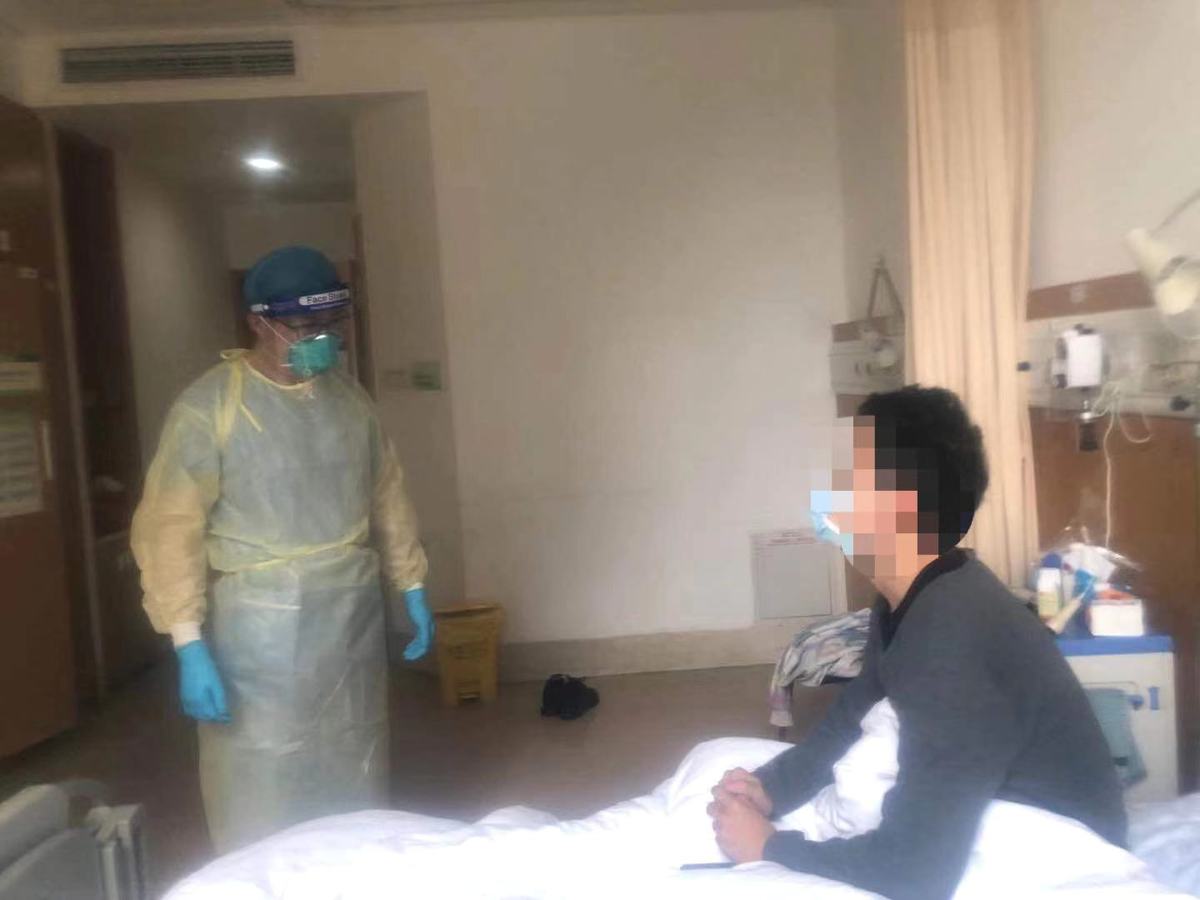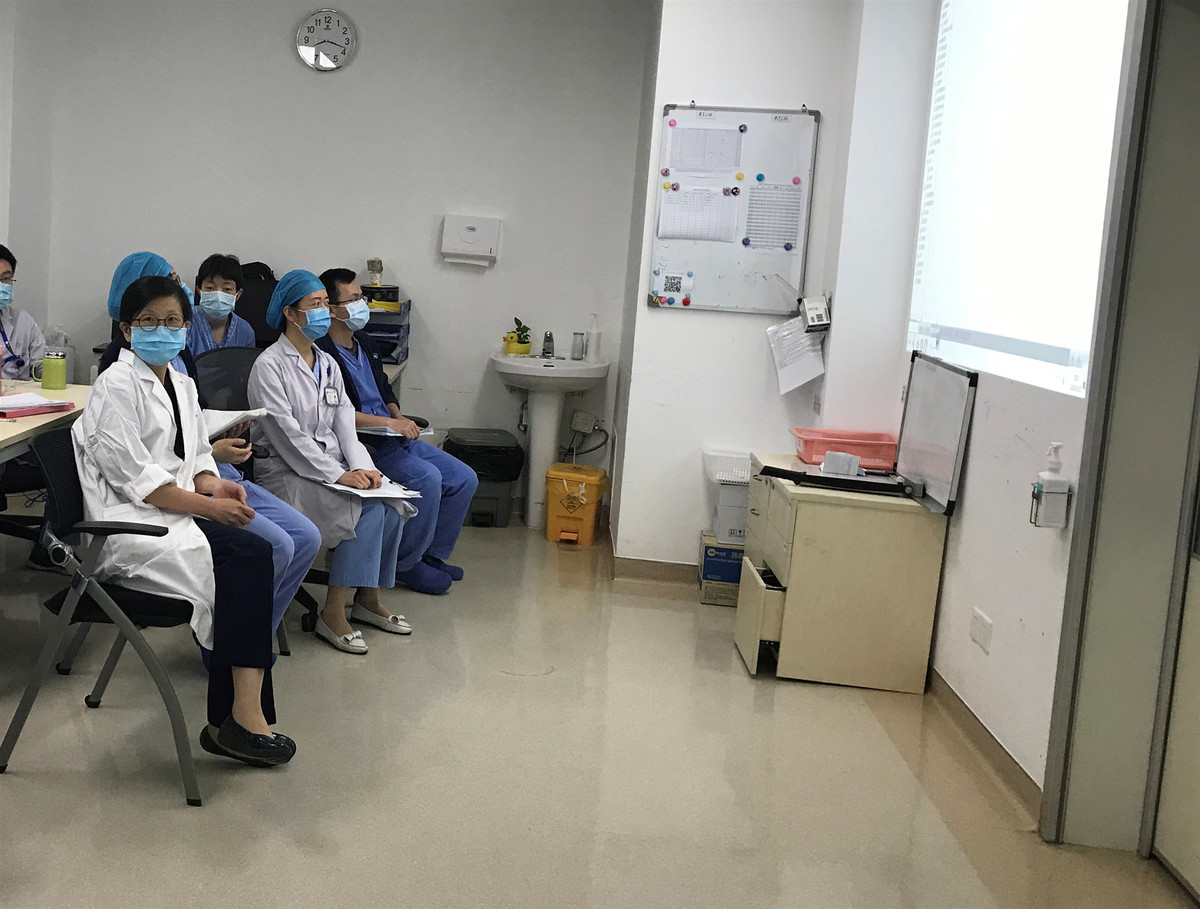HK doctors remained in Shenzhen to fight coronavirus


Dozens of Hong Kong doctors remained in Shenzhen, Guangdong province to care for patients and fight the outbreak of the novel coronavirus.
On Feb 8, the Hong Kong Special Administrative Region imposed a compulsory 14-day quarantine on those who had visited the mainland.
The quarantine disrupted the daily routine of Hong Kong medical staff working in the University of Hong Kong-Shenzhen Hospital who attended patients during the day and returned to Hong Kong at night. But they quickly realized what needed to be done.
The long trip to and from the hospital was time-consuming and it took time away from patients.

"We are Shenzhen residents in the daytime and Hong Kong residents at night," said Professor Chung-Mau Lo, chief executive of the hospital and chief of division of liver transplantation in Queen Mary Hospital. "Now, I am Shenzhen resident around clock."
Before making the decision to remain with patients, Lo sent a message to friends: "I will leave HK tomorrow and stay in Shenzhen to fight this battle against the virus. This is my duty and honor. I am not sure when I will come back and even then, I have to stay at home, and I will not be able to join any gathering for 14 days. Take care! I will be back."
Lo said many medical staff called off their Spring Festival celebration and stayed with their patients, which moved him so much.
Each morning at 8:15, he meets with staff to discuss ways to improve the fight against the virus.

Dr. CK Tong served as the ICU supervisor of the hospital active in the Hong Kong fight against the severe acute respiratory syndrome 17 years ago. Since the outbreak of COVID-19, she handles emergency needs.
"I fought the SARS epidemic in Hong Kong," she said. "Now I am fighting against the novel coronavirus epidemic with my fellows from the mainland. I think that doing a good job in fighting the epidemic is the best interpretation of doctor's love for their duty."
Prof. Pearl Pai, assistant president of the hospital and a nephrologist, said: "Dialyzed patients require routine dialysis treatment three times a week. If they are not treated in time, they will be in danger. Despite the current epidemic, we must stick to our position."
Christopher Hui, head of respiratory medicine department of the hospital, said his patients are his top priority.

"We managed to control the SARS epidemic," he said. "I believe, this time, we can also make it."
On Jan 10, the hospital treated the first confirmed case in Shenzhen, which was the first case in Guangdong province.
As of Feb 16, the hospital had reserved a total of 80 beds and treated 139 suspected cases. A total of 80 patients have been discharged after receiving treatment.
- China's commercial rocket launches new satellites from sea
- Ten photos from across China: Jan 9 - 15
- Legal tools essential for AI regulation
- China launches remote-sensing satellite for Algeria
- China reports drop in workplace accidents, fatalities in 2025
- From Kansas to karst: Unpacking Guangxi's charms



































